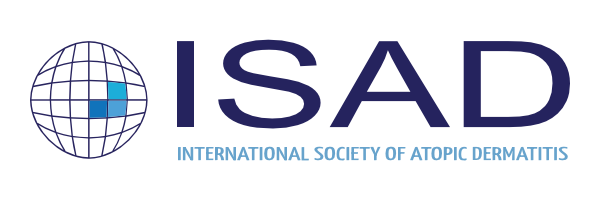Spring Live Global Virtual Symposium
Wednesday April 17, 2024 – 3 to 5 pm (Zurich Time, CEST)
The International Society of Atopic Dermatitis is interested in all aspects of this common and challenging disease and has decided to hold a 2 hours symposium.
Our Spring Live Global Virtual Symposium will cover a rather novel field: One Health, a concept at the crossroad of human, animal, and environmental health.
This concept is instrumental in the field of infectious diseases, especially to limit the dissemination of existing diseases and to prevent emerging pandemics. Changes in temperature and precipitation alter the distribution and behavior of disease vectors, leading to the spread of malaria, dengue fever and viral infections such as Zika. Food and water insecurity linked to climate change leads to malnutrition, food, and water-borne diseases, such as cholera and diarrhea.
For allergic diseases, there is some indication that the concept is applicable, e.g. the increase in carbon dioxide levels stimulates the growth of allergenic plants, which exacerbates allergies and asthma.
A good argument for this new concept is that predisposed humans and pet animals living in the same environment develop the same disease. Canine AD is a good model for AD in this context. The ISAD has already organized in 2021 together with the vet community a virtual symposium on Canine vs Human AD.↗
At the 2022 Davos Global Allergy Forum, atopic dermatitis (AD) was aptly described as the major gateway to allergy, which is closely dependent on our environment. However, addressing AD within the One Health context is something new. This virtual symposium aims at creating a brainstorming session around the applicability of One Health in AD research and discuss potential innovative preventive measures.
SESSION 1 / 03:00 pm ~ 04:15 pm (Zurich time)
15 min. presentation each
SPEAKERS:

Bernadette ABELA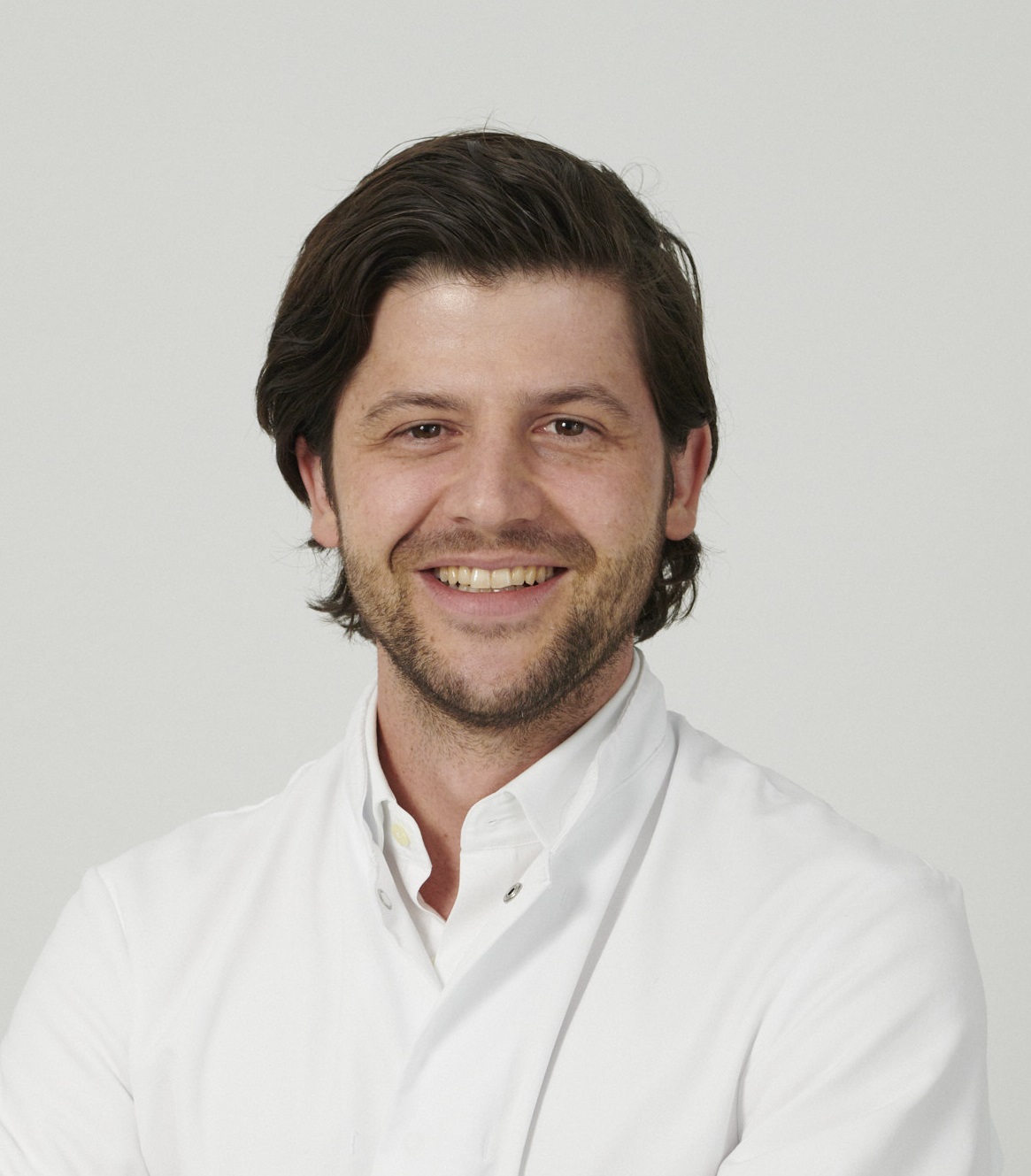
Alexander ZINK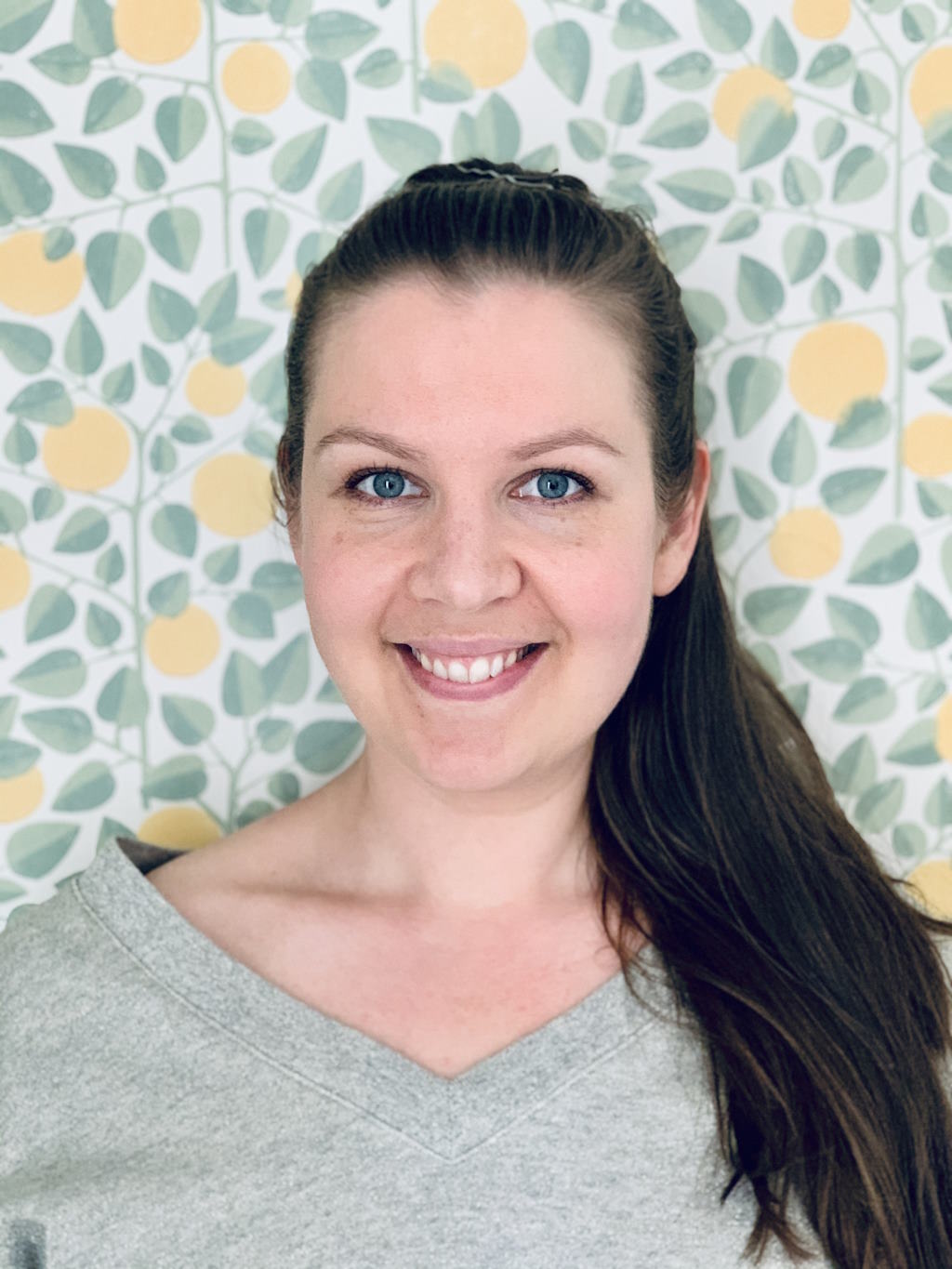
Jenni LEHTIMÄKI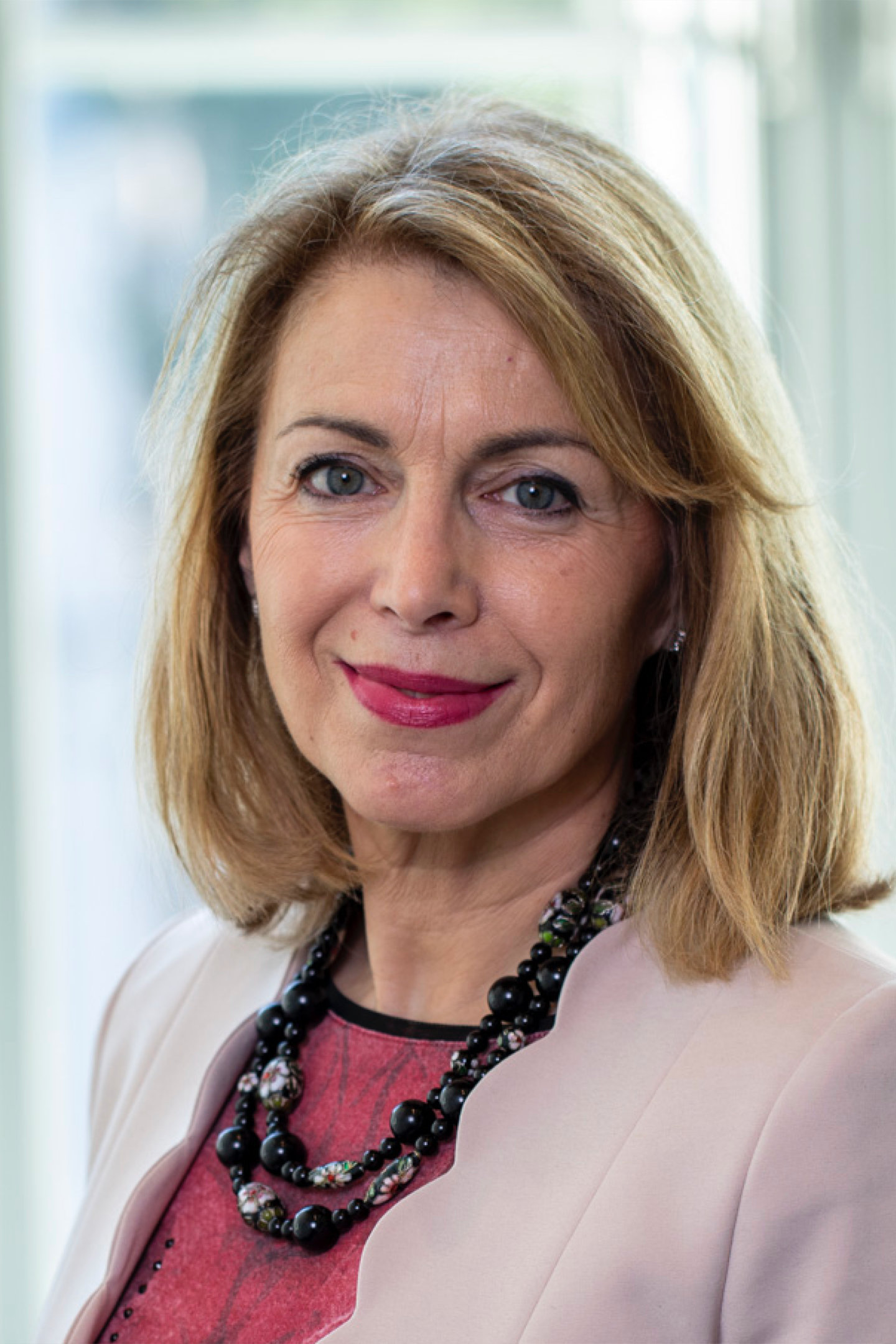
Erika JENSEN-JAROLIM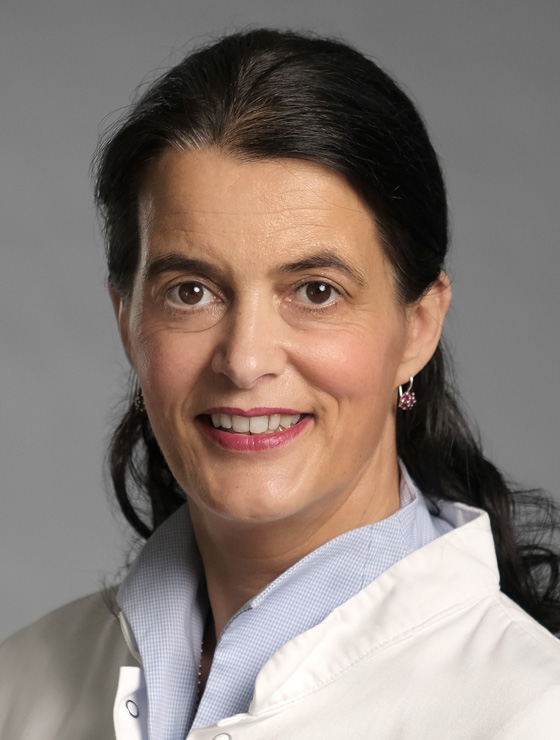
Claudia TRAIDL-HOFFMANN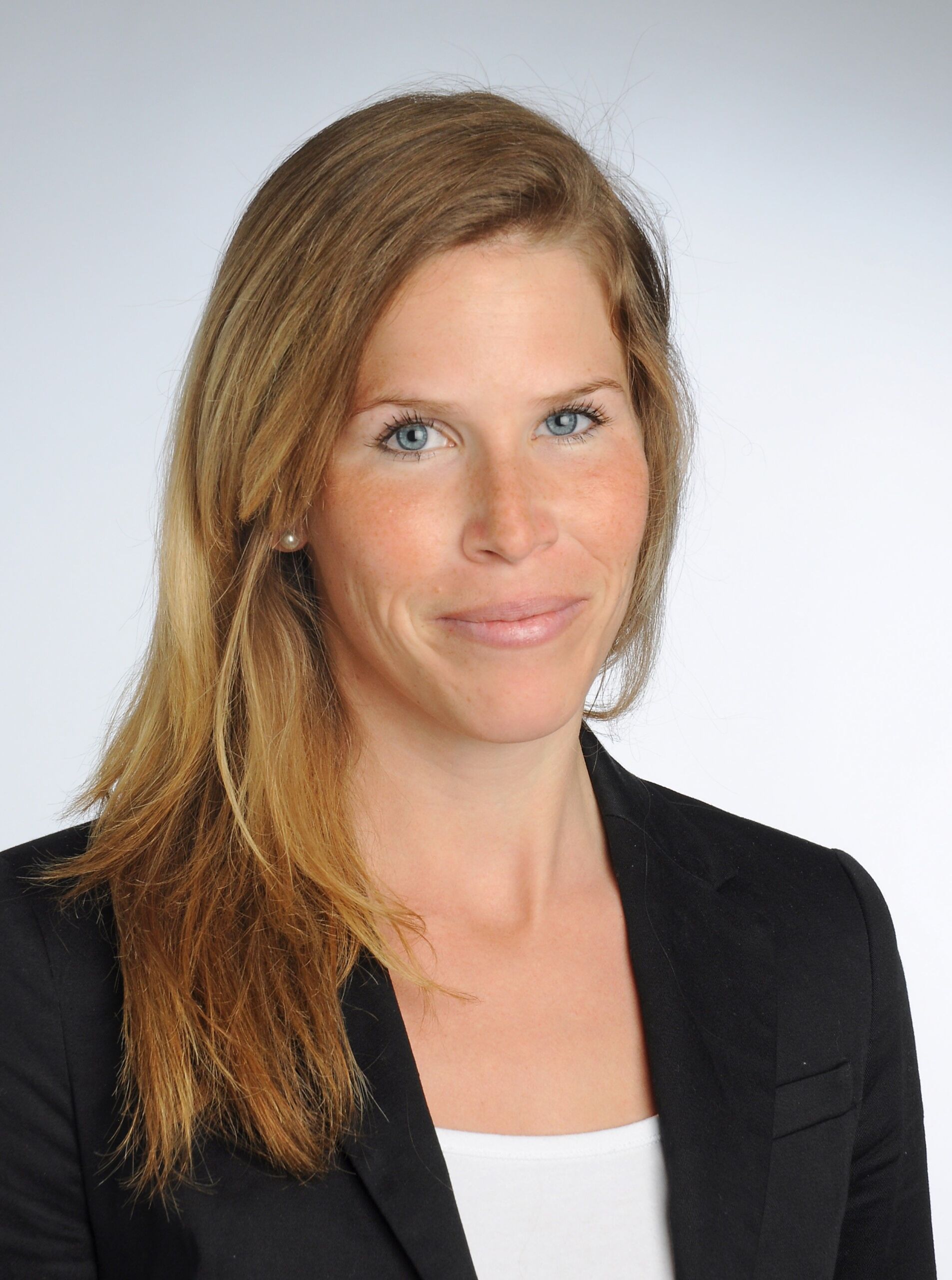
Antonia FETTELSCHOSS-GABRIEL
Bernadette ABELA (Switzerland) ➜ bio
WHO Int., veterinary of One Health and related conditions at the Global WHO NTD program:
Dr Bernadette ABELA works in the Global Programme for the Control of Neglected Tropical Diseases (NTDs) of the World Health Organization (WHO) as the lead on neglected zoonotic diseases and One Health. She was a member of the core drafting group of the new NTD roadmap and is closely involved in advancing common areas of work with the tripartite partners FAO, WOAH, WHO and UNEP, other global actors in health and beyond.
Bernadette is a veterinary epidemiologist by training and previously worked in the WHO Department of Food Safety and Zoonoses, for the US Food and Drug Administration on antimicrobial resistance, for l’Institut de recherche pour le développement (IRD) in Cameroon on emergence novel viruses from the wild, the Food and Agriculture Organization of the U.N. on veterinary public health, and in clinical veterinary practice.
Presented with Dijana MINIĆ-PANTIC:
Background on the One Health concept, applicability to complex disorders
Alexander ZINK (Germany/Sweden) ➜ bio
Dr. Alexander ZINK, MD, MPH, PhD is a consultant physician and board-certified dermatologist at the Department of Dermatology and Allergy at Technical University of Munich, Germany. He studied medicine in Mainz and Munich (both Germany), London (UK) and Harvard Medical School (USA) with a state scholarship of the German State of Bavaria and obtained his MD degree from the Technical University of Munich. After medical school, he completed his dermatology residency and received his Master in Public Health (MPH) as well as his Ph.D. in Epidemiology and Public Health from the Ludwig Maximilian University of Munich. Dr. ZINK specializes in chronic skin diseases, public health and digital medicine with a focus on prevention and people-centered-healthcare as well as patient- and population-based burden of diseases leveraging innovative solutions such as crowdsourced data, network analysis and wearables.
With his interdisciplinary research group comprising dermatologists, public health researchers, computer scientists and electrical engineers Alexander ZINK published over 150 articles in the field of digital dermatology and public health. He is a member of the editorial board of the Journal of the European Academy of Dermatology and Venereology Clinical Practice (JEACP), member of the managing board of the German Society of Dermatology (DDG) and founder and head of Digital Dermatology within the DDG.
Data mining at the crossroad of AD, allergy, climate
Jenni LEHTIMÄKI (Finland) ➜ bio
Dr. Jenni LEHTIMÄKI is working as a Senior Research Scientist at Finnish Environment Institute, Finland. She utilizes her background in ecology and evolutionary biology to understand associations between living environment, microbial exposures, and health.
Her work relates to the biodiversity hypothesis, which is an extension of the hygiene hypothesis, suggesting that biodiversity loss increases the incidence of non-communicable diseases such as atopic dermatitis.
She has discovered that the health of pet dogs tends to respond to environmental exposures similarly as the health of humans indicating that mammals have shared causes of health and disease. Dr. Lehtimäki has also studied the early-life microbial exposures in infants in relation to their later risk of asthma and allergic diseases.
Pet dogs and their owners share root causes of health and disease
Erika JENSEN-JAROLIM (Austria) ➜ bio
Erika JENSEN-JAROLIM, MD, is Clinical Immunologist, specialized in Allergology, and Professor at the Medical University Vienna, Austria.
She is Past-President of the Austrian Society for Allergology and Immunology (ÖGAI).
She completed her clinical trainings at the University Vienna, the University Hospital Copenhagen, Denmark, and Institute of Immunology, Bern, Switzerland, and habilitated at the Medical University Vienna in 1998.
She initiated the new field “AllergoOncology” in 2006, and chairs the AllergoOncology working group with over 1000 members in EAACI.
Aside AllergoOncology, Erika JENSEN-JAROLIM concentrates on molecular allergology and allergy management. Her scientific oeuvre [Jensen-Jarolim E] and [Jarolim E] comprises over 300 peer-reviewed publications.
2006-2011 she chaired the Institute for Pathophysiology and Allergy Research at the Medical University Vienna, and since 2012 is double appointed to the interuniversity Messerli Research Institute Vienna, which she chaired 2019-2020.
During her Editor-in-Chief-ship of the World Allergy Organization journal 2014-2022, the impact factor of this journal raised from zero to IF 5.516.
Today she leads several research laboratories, and she also sees patients in her private practice AllergyCare® at Döbling Private Clinic, Vienna.
Erika Jensen-Jarolim is entrepreneur and developer of a novel allergen-unspecific approach for dietary management of allergic / atopic inflammation. The lozenge immunoBON® is marketed by Biomedical International R+D, Vienna, Austria, of which she is CEO.
The farm effect and industrialization in allergy/AD
Claudia TRAIDL-HOFFMANN (Germany) ➜ bio
Dr. Claudia TRAIDL-HOFFMANN, MD, – Chair of Environmental Medicine, University of Augsburg and Director, Institute of Environmental Medicine, Helmholtz Zentrum München
Dr. TRAIDL-HOFFMANN stands at the forefront of intersecting medical disciplines where environmental factors meet human health. Holding the Chair of Environmental Medicine at the University of Augsburg’s Medical Faculty, she also leads as the Director at the Institute of Environmental Medicine at Helmholtz Zentrum München and directs the University outpatient clinic for Environmental Medicine at the University Hospital Augsburg.
Her research expertise lies in the molecular mechanisms of human-environment interactions, focusing on allergies and chronic inflammatory skin diseases. Dr. TRAIDL-HOFFMANN’s work is vital in understanding the health impacts of climate change, striving for advanced diagnostic, therapeutic, and preventive measures tailored to individual needs, including biomarker research in allergies and Covid19, and the transmission and deactivation of airborne viruses.
With a career that started with medical studies at RWTH Aachen University, leading to her habilitation in dermatology and venereology, Dr. TRAIDL-HOFFMANN has continually expanded her professional and academic horizons. Notable roles include her current position as the Special Commissioner for Climate Resilience and Prevention at the Bavarian State Ministry of Health and Care and as a member of the Scientific Advisory Board on Global Environmental Changes (WBGU) for the German Federal Government.
She actively contributes to the “Environmental Public Health” commission at the Robert Koch Institute and plays a crucial role as the Deputy Director at the Center for Climate Resilience at the University of Augsburg. Her past positions reflect a commitment to interdisciplinary research, including her role as Deputy Director at the ZIEL – Institute for Food & Health at TUM.
As a highly regarded specialist in dermatology, venereology, and allergology, Dr. TRAIDL-HOFFMANN’s contribution to the field of environmental medicine is unparalleled, making her a leading voice at the nexus of climate change and health.
Planetary health and the case of AD
Antonia FETTELSCHOSS-GABRIEL (Switzerland) ➜ bio
Dr. Antonia FETTELSCHOSS-GABRIEL studied Human Biology at the University of Zurich followed by a PhD in Immunology at the ETH Zurich including an internship at the Swiss Institute for Allergy and Asthma Research (SIAF) in Davos.
She also holds a certificate of advanced studies (CAS) from the University of Zurich in Clinical Trial Management and did various advanced trainings on performing clinical studies in horses at the Vetsuisse Faculty of Zurich / University of Zurich, and is a registered study director of animal experimentation.
Following to pharma industry working as a preclinical scientist at Vifor Pharma in St. Gallen, Dr. Antonia FETTELSCHOSS-GABRIEL turned back to the University of Zurich as a group leader in the Dermatology Department at the University Hospital and joined a key opinion leader in vaccinology and immunology, Prof. Martin BACHMANN, Professor at the Jenner Institute in Oxford and at the Inselspital in Bern and the key opinion leader for human dermatology and allergology Prof. Thomas KÜNDIG. Together they established the expertise to develop, produce and test virus like-particle-based vaccines and co-founded a Swiss biotech company Evax AG developing therapeutic vaccines for horses in 2014.
She is CEO, CSO and Clinical Study Manager of Evax AG and besides working on the vaccine platform, her research team investigates equine disease mechanisms that lay the basis for future safe and efficient new treatment modalities in horses. Up to date she managed and performed several clinical studies with more than 250 participating horse patients and holds four patents to treat insect bite hypersensitivity (IBH), allergic chronic pruritus, and recurrent urticaria in horses and published various scientific articles in peer-reviewed high impact journals.
Vaccination strategies in immunologic diseases in vet. med.
SESSION 2 / 04:30 pm ~ 05:00 pm
ROUNDTABLE
Speakers
+
Pascal PRÉLAUD,
Johannes RING,
Peter SCHMID-GRENDELMEIER,
Alain TAÏEB
Who is this for, is there a recording?
Our event is free and open to all.
All participants have to register online on our platform to get watch the recording:
